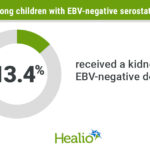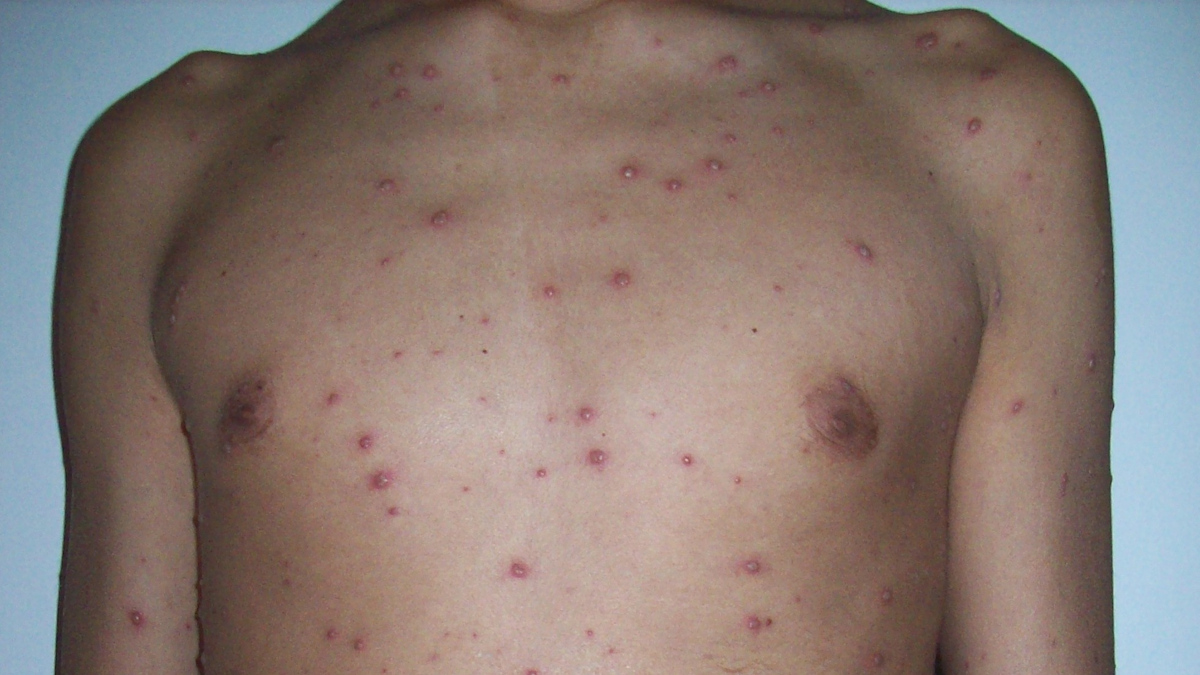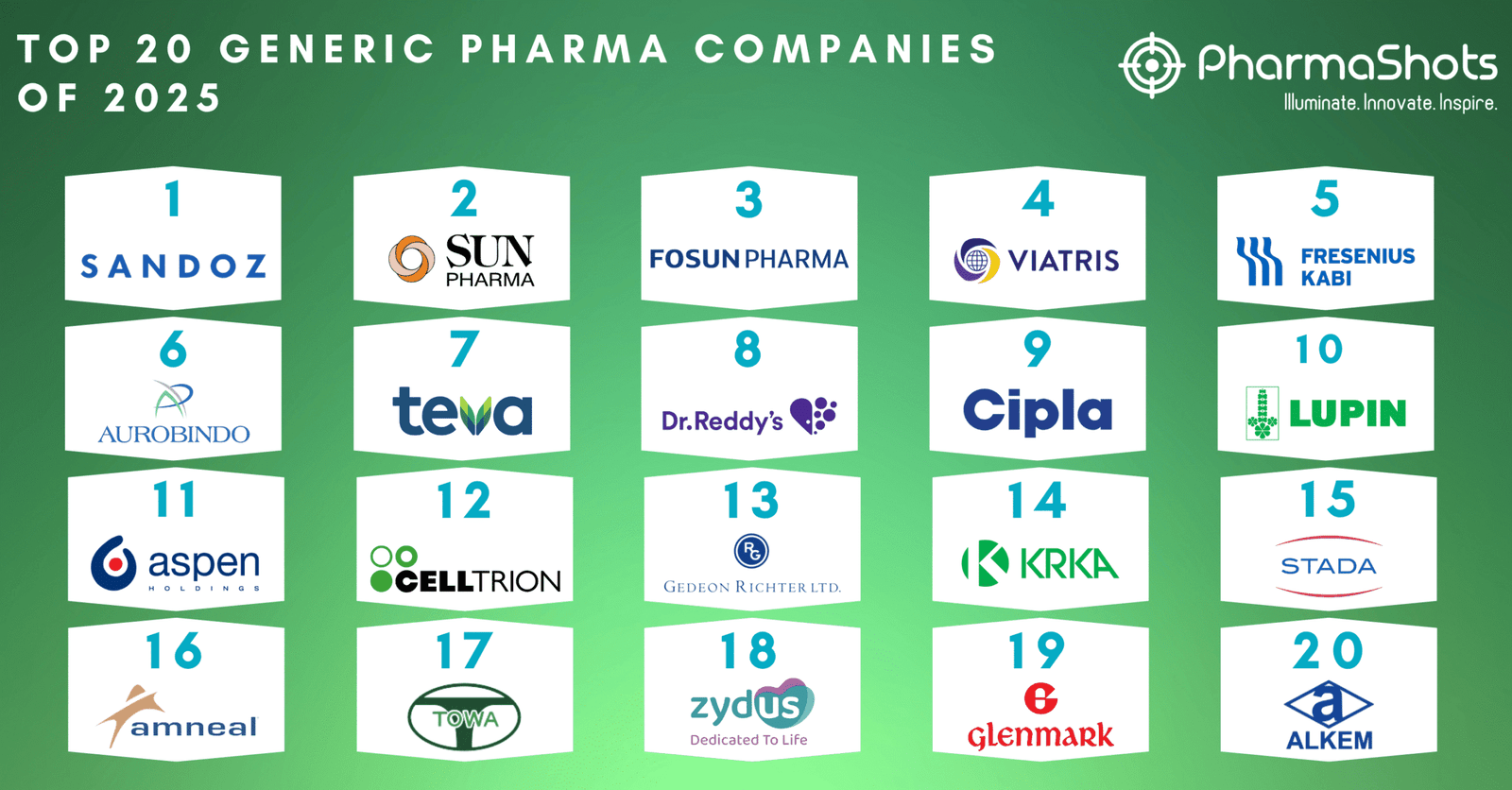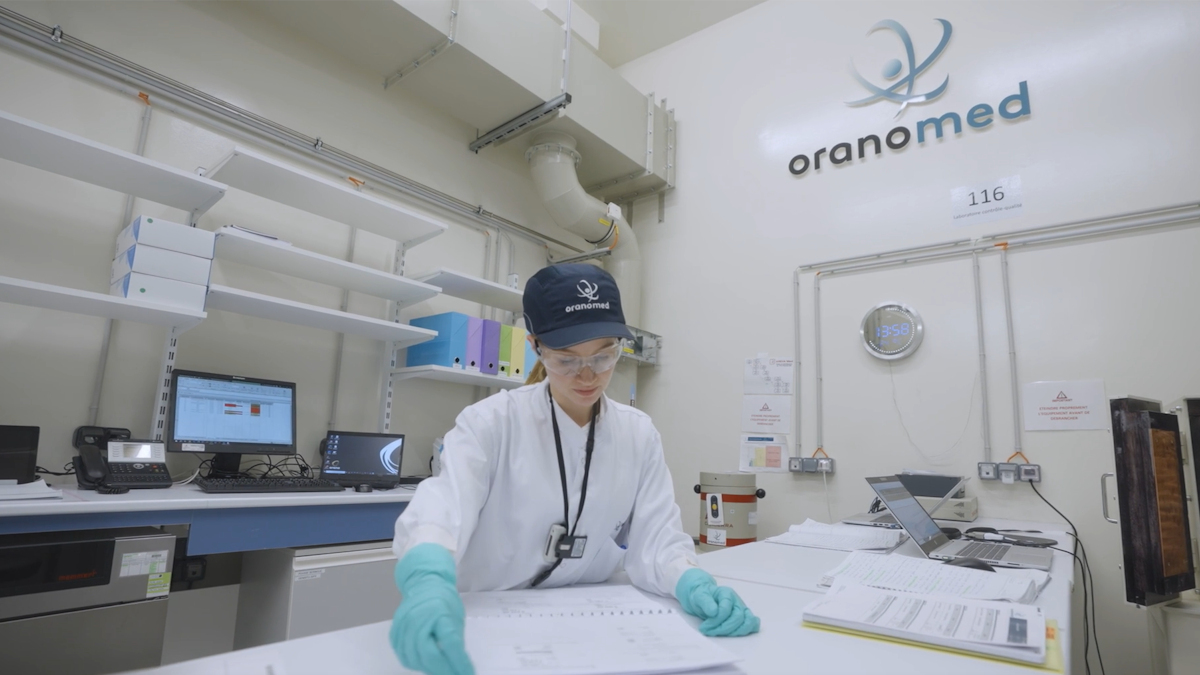
The UK will start offering free vaccination against chickenpox to young children from the start of 2026, bringing the country into line with other countries, including the US and Germany.
The two UK-approved vaccines against the varicella-zoster virus (VZV) that causes chickenpox – GSK’s Varilrix and MSD’s Varivax – will be delivered in two doses, at 12 and 18 months, alongside the MMR vaccine that protects children against measles, mumps and rubella.
Catch-up doses will also be made available to slightly older children to maximise the impact of the campaign, which by some estimates could all but eliminate new infections within a couple of years.
Around half a million children will get the shots each year in England and Wales, said the government. The plan is to also roll out the campaign in Scotland and Northern Ireland, although the timing will be decided by the devolved authorities.
“This is a safe and effective vaccine that has been used for many years in Europe and North America,” commented Prof Chrissie Jones, Professor of Paediatric Infectious Diseases, University of Southampton.
“Providing this vaccine together with the MMR vaccine on the NHS reduces disparities – for the first time all children will be able to access this vaccine whether or not their parents are able to pay for the vaccine privately.”
Previously, parents had to pay upwards of £150 out-of-pocket for the vaccines, with most choosing not to, as chickenpox is on the whole viewed as a relatively mild infection. However, it can cause severe, life-threatening complications in some cases, such as encephalitis that can lead to permanent brain damage, and can cause serious issues to the mother and baby during pregnancy.
Meanwhile, it is estimated that chickenpox causes £24 million in lost income and productivity in the UK every year, as parents take time off work to care for sick children, while the NHS spends around £15 million treating cases.
The UK has lagged behind some other countries in introducing VZV jabs into routine childhood immunisation schedules because of a concern – now much diminished – that lower exposure to VZV could lead to reduced protection against shingles, which is caused by reactivation of the same virus later in life.
One concern with the new programme is the lower than desirable uptake of MMR vaccination, which was below 92% overall in the UK blast year, below the target of 95% needed to guarantee herd immunity. In some areas, like London, the rate of completed MMR shots at two years of age was only around 81%.
Experts said the current level of uptake should still be sufficient to eliminate chickenpox as a health threat, as it is less infectious than other viruses like measles, but still called on the government, NHS, and others to fight back against anti-vaccine rhetoric and misinformation.
“We’re giving parents the power to protect their children from chickenpox and its serious complications, while keeping them in nursery or the classroom where they belong and preventing parents from scrambling for childcare or having to miss work,” said Minister of State for Care Stephen Kinnock.
“This vaccine puts children’s health first and gives working families the support they deserve.”








